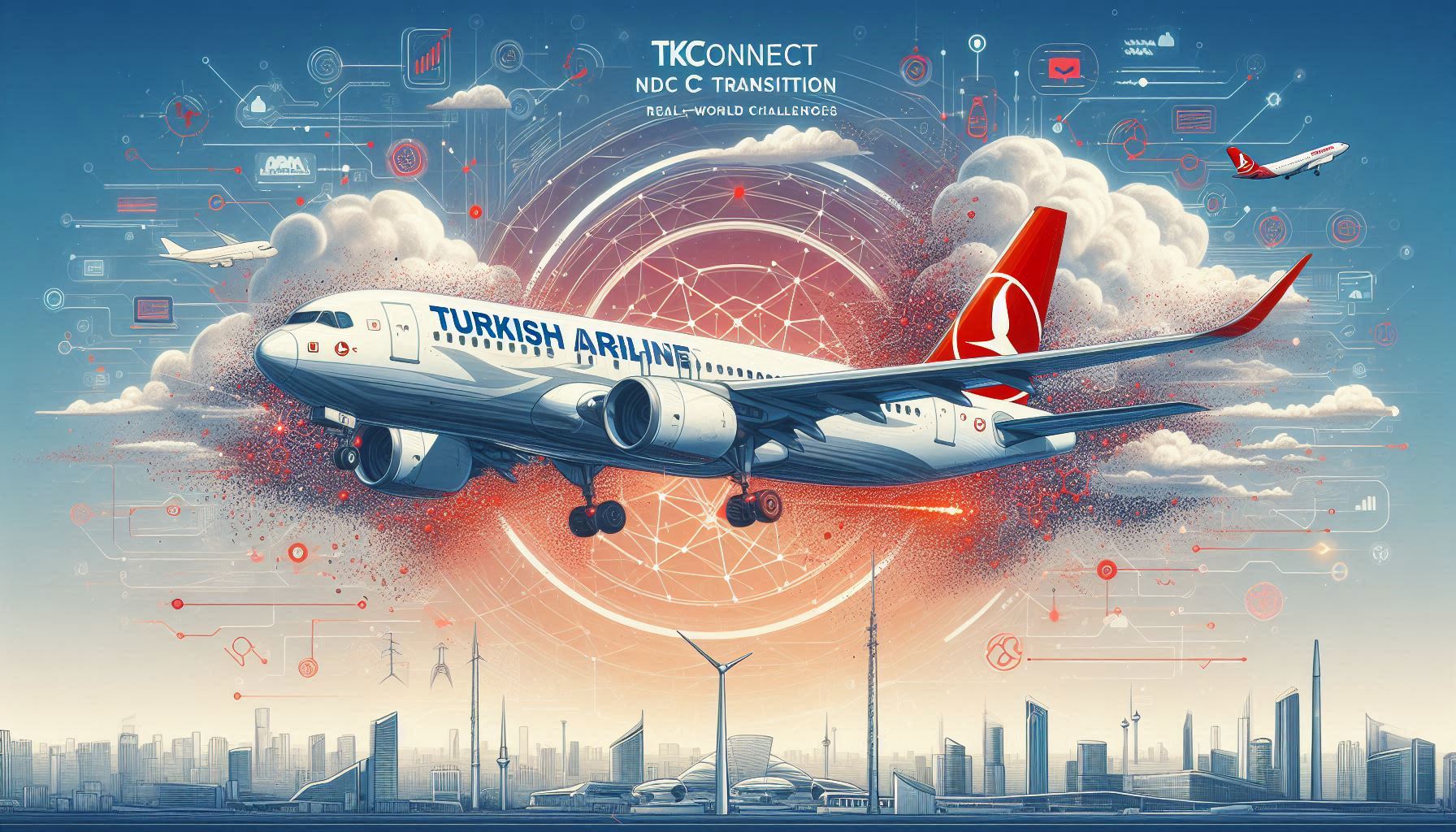Turkish Airlines has rolled out TKCONNECT, its NDC-based distribution platform, as part of IATA’s modernization initiative. Launched in October 2024, TKCONNECT provides agencies with direct access to richer airline content while introducing a $24 surcharge on legacy EDIFACT GDS bookings. Through NDC, Turkish Airlines delivers exclusive fares, dynamic offers, bundled ancillaries, and personalized pricing. To strengthen distribution, the carrier partnered with ARC Direct Connect in September 2024, enabling secure settlement of NDC transactions. In June 2025, Turkish Airlines rejoined Sabre, offering both EDIFACT and NDC content to agencies in a hybrid model.
By August 2025, AirBooking became an official TKCONNECT partner, offering agencies unified NDC and GDS access, real-time pricing, and surcharge-free bookings. These strategic alliances give travel agencies more choice while ensuring Turkish Airlines maintains control, transparency, and differentiation in its retailing approach. The shift positions the airline at the forefront of modern airline retailing, focusing on customer-centric distribution. Agencies benefit from lower costs, richer content, and advanced servicing tools through NDC channels. Turkish Airlines’ phased rollout demonstrates a balance between innovation and continuity, ensuring industry-wide adoption. Overall, TKCONNECT represents a bold move towards next-gen airline distribution, reshaping how travel partners access and retail the airline’s products globally.
While TKCONNECT represents a bold step forward in airline distribution, our direct experience revealed a number of practical considerations that travel agencies and technology partners should evaluate before going live with their own NDC launch. Below, we share these insights—not as criticism, but as a roadmap to help agencies, aggregators, and travel-tech providers anticipate challenges and prepare for a smoother adoption journey.
- Development and Certification Process
The certification process with TKConnect can be lengthy due to a high volume of agencies migrating to the NDC standard. Unlike traditional GDS systems that offer dedicated support, Turkish Airlines primarily relies on documentation for its API, which, while comprehensive, may not suffice for complex issues. The lack of one-on-one support means agencies often face long queues for assistance, delaying the integration and certification timeline. This is a common pain point for airlines pushing for widespread NDC adoption, as they often struggle to scale up support to match the demand. - Missing Core Functionalities
One of the most noticeable limitations of TKConnect is the absence of features that are standard in GDS systems.
Calendar Search: Unlike GDS, which provides a visual calendar view of fare availability across different dates, TKConnect’s API lacks this functionality. This forces travel agents to perform multiple, individual date searches, making the process of finding the most affordable travel dates much more inefficient.
Fare Rules: Accessing detailed fare rules is critical for agents to inform customers about baggage allowances, change fees, and cancellation policies. Unfortunately, TKConnect does not yet provide a dedicated API for this information, forcing agents to rely on other methods to find this data. - Booking and Payment Challenges
TKConnect’s booking flow introduces a layer of complexity. Instead of a single, idempotent API call that confirms a booking, the process is split into two steps: booking and then a separate API call for payment or to hold the reservation. This can lead to race conditions where a flight segment is booked but then fails to be confirmed because another entity simultaneously accessed or held the same seat, a problem known as a lack of idempotency. - Passenger Type and Ticketing Issues
TKConnect struggles with a common and critical travel scenario: a passenger whose age changes mid-trip. For example, a child may be an infant on the outbound flight but turn two and become a child on the return leg. GDS platforms handle this transition seamlessly, but TKConnect’s API currently throws exceptions, making it difficult to ticket such reservations without manual intervention. - Post-Departure Reissues
Reissuing a ticket after a no-show or a partial trip completion is another major challenge. If a traveler misses an outbound flight, the inbound segment should typically be automatically canceled unless the ticket is reissued. TKConnect does not yet have the capability to handle this complexity automatically. This requires manual processing and can result in significant operational hurdles and potential revenue loss.




